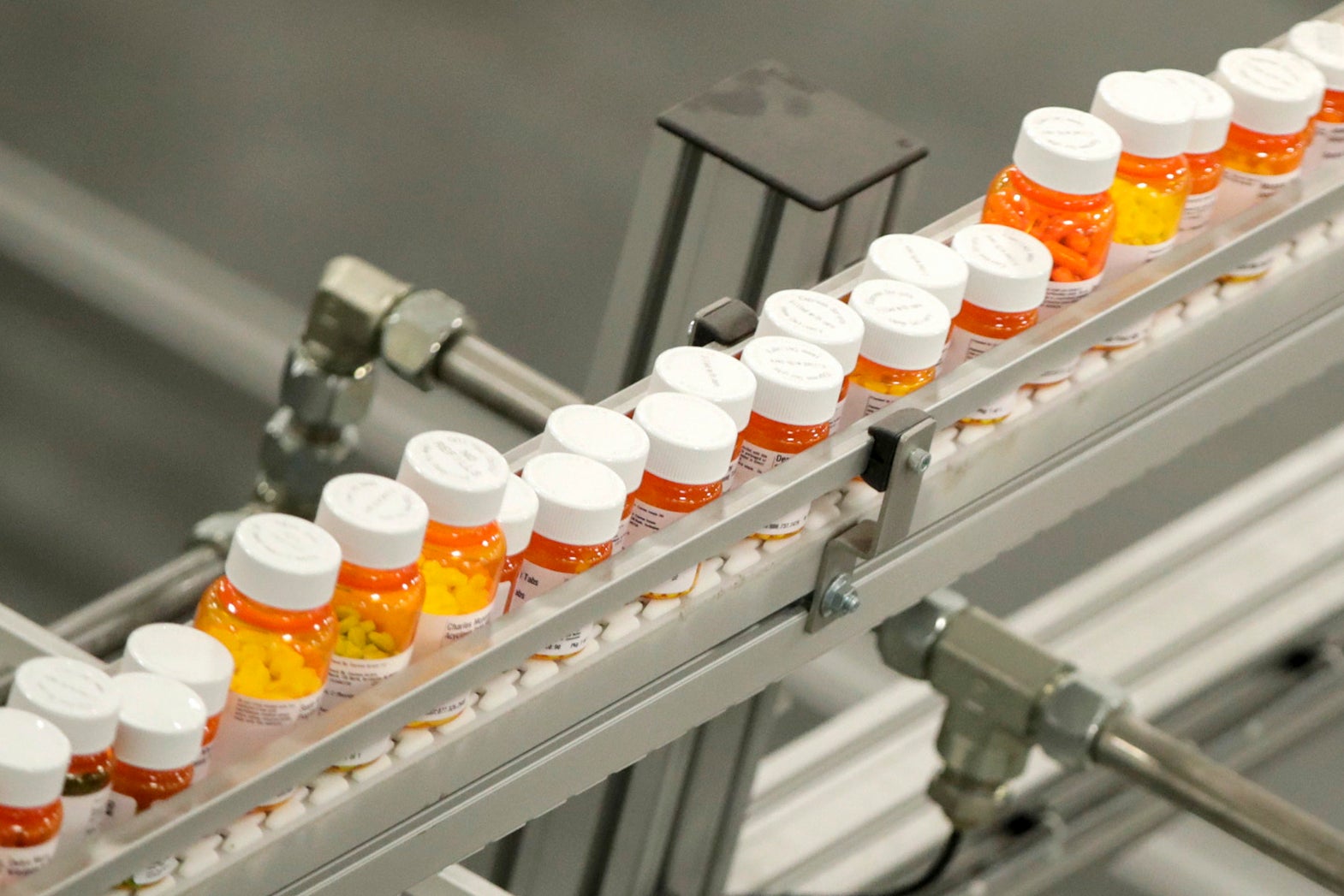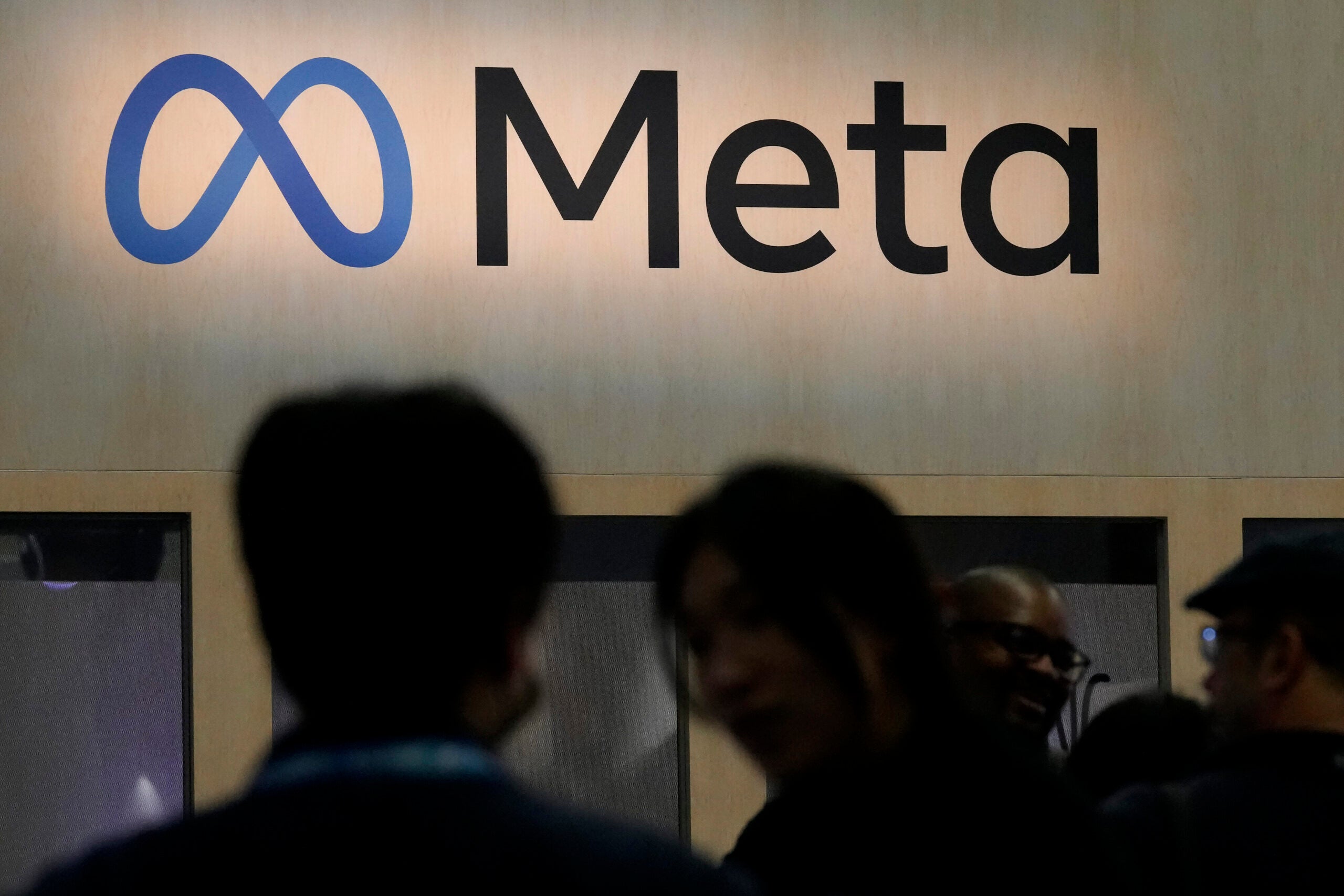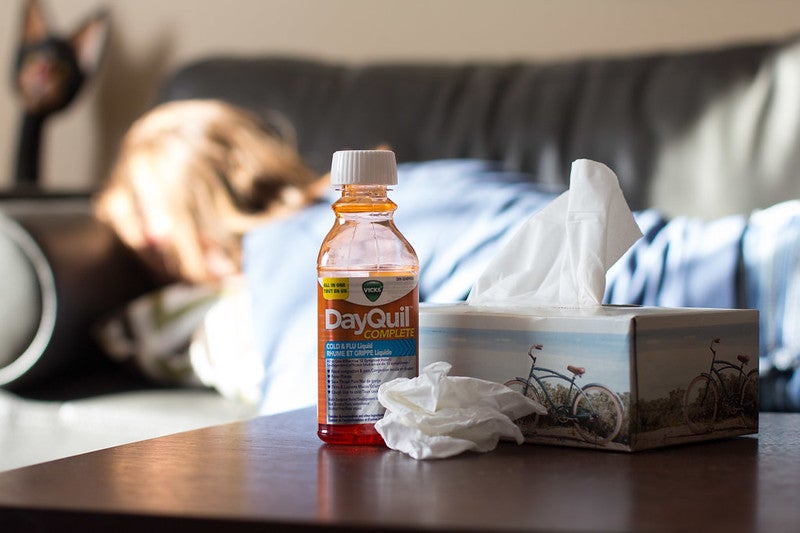Amidst outrage over significant price hikes for medications, we look at whether ethics can be a factor in for-profit pharmaceuticals. We see what the Politifact staff is finding when they examine claims made by presidential candidates and campaigns. And we talk to the reporter who combed through and analyzed four months’ worth of incident reports at the Lincoln Hills School for Boys and Copper Lake School for Girls.
Featured in this Show
-
Four Months At Lincoln Hill School For Boys
The Wisconsin State Journal just analyzed requested incident logs from the Lincoln Hill School for Boys and Copper Lake School for Girls. The records provided by the Department of Corrections show a snapshot of conditions in the state youth prison after the state investigation into allegations of abuse. We talk to the reporter who looked at the records to get the details.
-
Factchecking The Presidential Campaign
The true, the false, and the Pants On Fire–a Politifact editor joins the show for a look at the latest fact-checking efforts from the presidential campaign trail.
-
The Ethics Of Drug Pricing
Recent large hikes in the price of medications like EpiPens, insulin, and more have caused public outrage and calls for controls. We examine whether there is room for ethics to be considered in a for-profit medical and pharmaceutical system.
-
Lack Of Regulation Allows Pharmaceutical Companies To Raise Prices Of Lifesaving Drugs, Expert Says
A medical expert says a lack of regulation means patients are often forced to pay whatever price pharmaceutical companies dictate for lifesaving drugs.
Recent jumps in the costs of prescriptions have drawn criticism and public outcry. The pharmaceutical company Mylan recently announced a 500 percent increase on the price of EpiPens. The company has since responded with rebate offers to help those who need the drug.
That episode followed another high-profile case in which Turing Pharmaceuticals bought an AIDS drug and raised the price from $13.50 to $750 per pill last September. The company’s then-CEO, Martin Shkreli, later said at a healthcare summit that he should have raised the price even higher.
This overall lack of oversight in the pharmaceutical industry allows many companies to raise drug prices, said Dr. Jeremy Green, a professor of medicine at Johns Hopkins University School of Medicine and author of “Generic:The Unbranding of Modern Medicine.”
“For the most part, we have no strong rules to regulate what a fair price for pharmaceuticals are,” he said. “So the answer is what the market will bear.”
Green said there’s been a sharp increase in recent years with the number of older, off-patent drugs becoming inaccessible to many Americans because of soaring prices.
“I think we have really come to terms recently with the fact that just because a drug is off-patent doesn’t mean that it’s accessible and affordable to people who need them,” Green said. “And that is a new awareness that we have of recent strategies that have taken place of taking advantage of monopolies and old drugs as well as new drugs.”
Green added that those with health insurance often don’t see the rising costs. Instead, the price hikes hit the many Americans who are not enrolled on a plan or transition often.
Episode Credits
- Rob Ferrett Host
- Veronica Rueckert Host
- Amanda Magnus Producer
- Rob Ferrett Producer
- Judith Siers-Poisson Producer
- Molly Beck Guest
- Katie Sanders Guest
- Dr. Jeremy Greene Guest
Wisconsin Public Radio, © Copyright 2025, Board of Regents of the University of Wisconsin System and Wisconsin Educational Communications Board.


